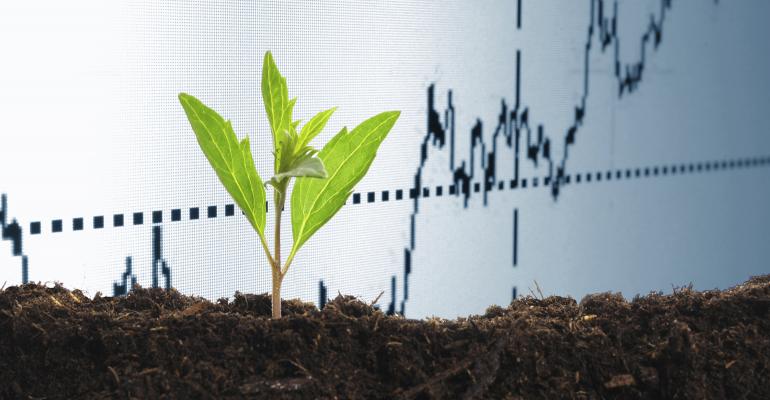(Bloomberg) -- Asset managers have dramatically reduced the number of new ESG funds they’re rolling out, as a tougher regulatory environment makes it harder to make claims of environmental, social and governance investing.
Reclassifications that add an ESG element to conventional funds are down 84% compared with a year ago, according to data complied by Jefferies. New ESG funds built from scratch fell 60% over the same period. Overall, the data show that the decline was most pronounced in Europe and marks the first time that reclassifying old products hasn’t led ESG fund growth.
“Increased regulatory scrutiny and enforcement in this market is changing behavior,” analysts at Jefferies said in the report.
Regulators in the EU, UK and US are investigating ESG funds amid growing concerns that asset managers keen to sell products are promising more than they can deliver. To meet demand, asset managers have tended to rename existing products rather than build new ones. That’s raised questions about the ESG credentials of the funds, and fed concerns of widespread greenwashing.
A recent analysis by PwC showed that of 8,017 so-called Article 8 funds -- an EU designation that requires a product to “promote” sustainability -- only 989 were new at the end of the second quarter. The rest were reclassifications of existing funds. A similar analysis of 1,061 Article 9 funds -- whereby a product needs to have sustainability as its “objective” -- showed that only 286 were new.
In Europe, a review over the summer indicated that asset managers may have to downgrade hundreds of ESG funds in the coming months. The European Sustainable Investment Forum, whose members represent about $20 trillion in combined assets, has warned that “a significant proportion classified as Article 9 are far short” of meeting EU requirements.
In Sweden, a probe of Article 9 products last month found “many cases” in which managers failed to document their claims. The Stockholm-based regulator will meet with industry representatives to discuss its findings, and has warned that it will act to stamp out false ESG labeling.
Institutional and retail investors have been calling for regulators to do more to protect against greenwashing after years of unfettered growth in the ESG industry. An analysis by PwC showed that 71% of institutional investors want stronger ESG regulatory requirements to guide the actions of the fund management industry. The hope is that extra rules “can act as an important lever to build trust and decrease the risk of mislabeling,” according to PwC.
Asset managers have blamed an absence of clear and consistent rules. The EU led the world with the March 2021 implementation of its Sustainable Finance Disclosure Regulation, but the groundbreaking framework has since been criticized for lacking clarity around key concepts. For example, EU regulators are still waiting for the European Commission to provide detailed guidance on what it means by a “sustainable investment.”
“A key issue for the industry is that the definition of ‘sustainable investment’ leaves too much room for interpretation,” Hortense Bioy, global director of sustainable research at Morningstar, said last month. “Different interpretations of the regulation have led asset managers to adopt different approaches to the calculation of sustainable investment exposure, rendering it impossible to compare products directly.”
Read More...





